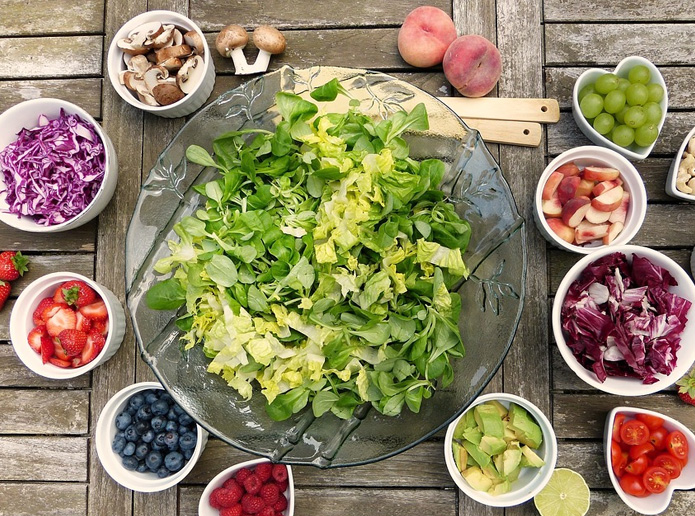There are many wonderful developmental milestones during the toddler years and you will be surprised how fast they grow.
Within the first three years of life, when a child’s brain is growing rapidly, they learn by copying the people closest to them. Positive role modelling is important for healthy development for your child.
Positive role modelling
You are your child’s first, most important and most influential role model. All the tasks and actions you do (behaviours) influence your child and their brain development. It is important to expose your child to positive behaviours and experiences.
Positive role modelling includes physical activity and healthy eating. It is important to consider what behaviours your child sees you do.
For example, you can’t expect your child to eat their vegetables if you don’t eat them!
Mealtimes and your toddler
Toddlers like to assert their independence. At mealtimes, they will choose how much they will eat.
By the time most babies turn one year of age, they have usually experienced a wide range of foods and enjoy meals with the family. Continue to offer a wide selection of food from the five food groups, provide a safe and pleasant environment, and try to enjoy the ride!
A toddler needs small, but frequent, amounts of foods, six to eight times a day. They only have small stomachs and short attention spans, so it is better to feed small amounts of food more often.
Breast milk can actually provide 31% of a toddler’s daily energy needs and 38% of their daily protein requirements. In Australia, 21% of all toddlers are still breastfed.
What you can do to help
- Everyday tasks (washing dishes, story time, eating meals) are all behaviours that your child will see and are likely to copy as they grow up
- Grocery shopping is a good time to learn about different healthy food choices and budgeting
- Exposure to everyday situations: allow your child to be around other adults such as grandparents or friends so they have more experiences and positive repetition
- Get creative and use your imagination when it comes to meal times and getting your child excited about food
- Consider making small changes to your lifestyle to model good behaviours for your child
- Role modelling can be as simple as involving your child in the cooking process
- Give vegetables names e.g. broccoli becomes trees, or name a meal after your child’s favourite character
- Experiment with what your child enjoys, it will mean they are more likely to eat it
- Pleasant meal times will lead to a positive association, which will lead to enthusiasm and anticipation for the next meal
Want to know more?
The Raising Children Network – Toddlers nutrition and fitness
Eatforhealth.gov.au – Recommended number of serves for children, adolescents and toddlers
If you still have questions, contact our Parenting Line
